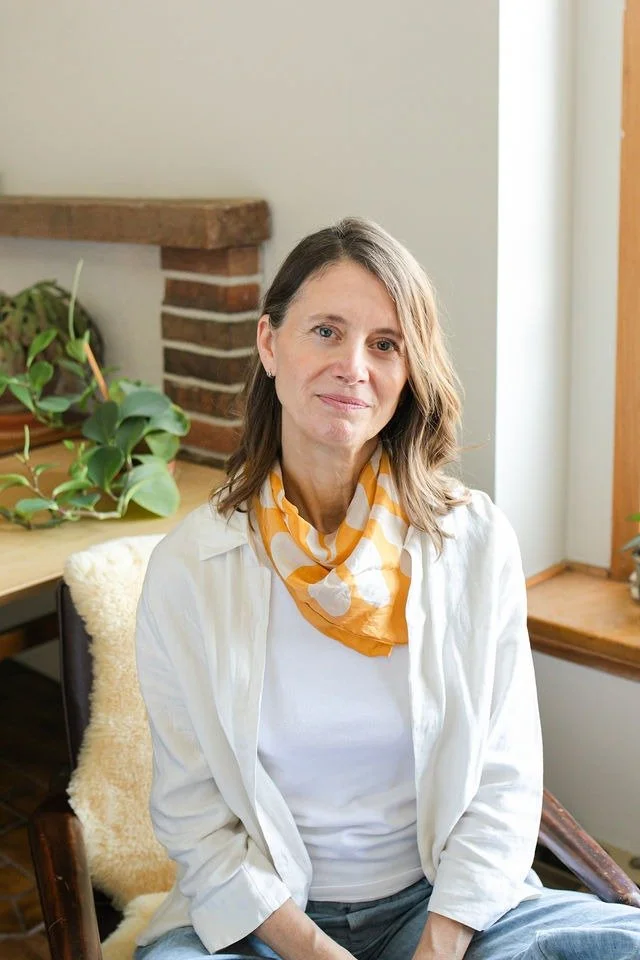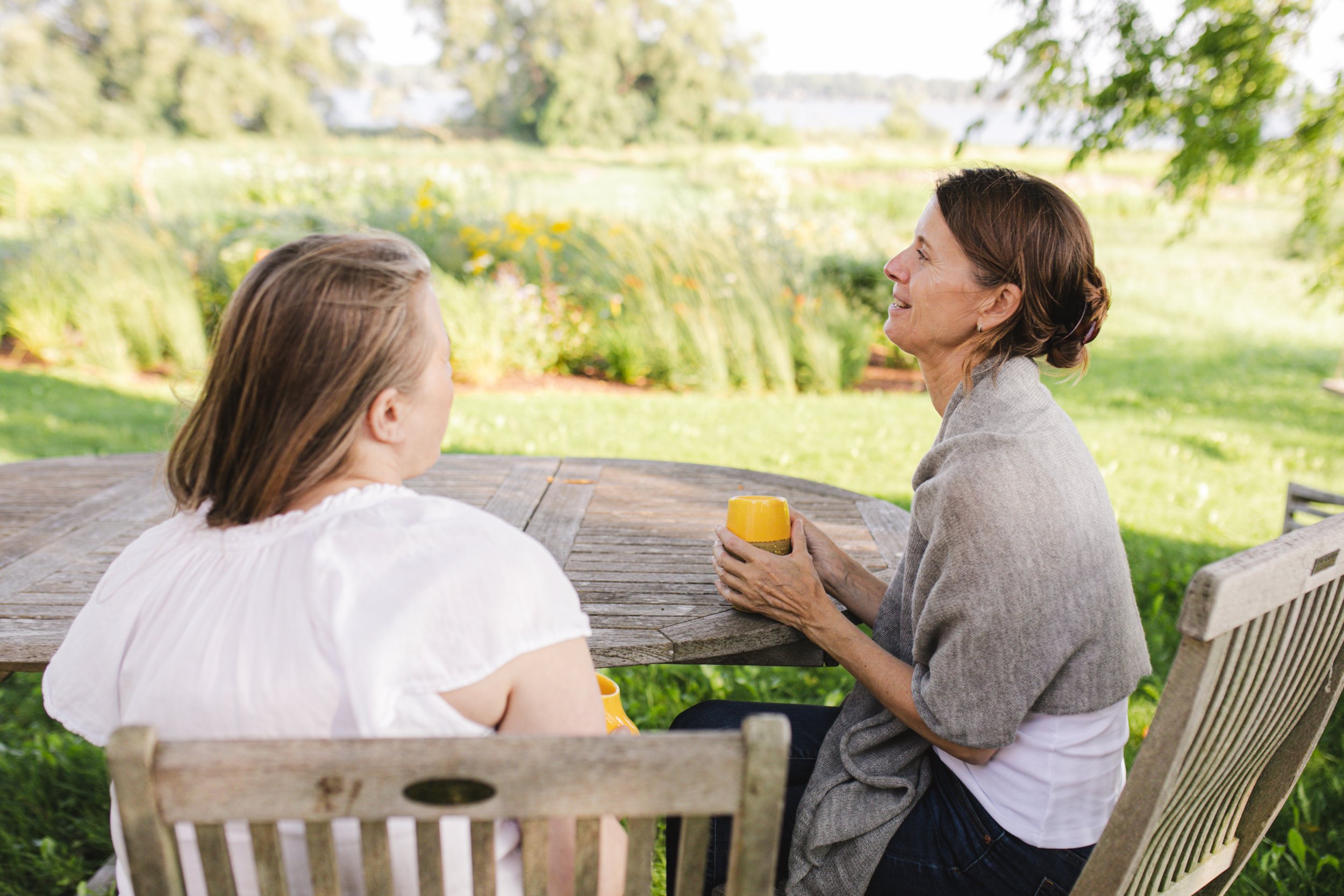
End-of-Life & Spiritual Health
For me, spiritual health is about being able to explore experiences that are challenging, don't make sense, or that are unwanted—from a place of honesty, vulnerability, and humility.
Navigating Illness, Loss—
and End-of-Life Decisions
There are moments—especially near the end of life, when truth asks to be seen and felt in all its depth.
I support adults, families, and professionals facing illness, death and dying, grief, or end-of-life decision making—including MAID (Medical Assistance in Dying) and VSED (Voluntary Stopping of Eating and Drinking). My background as a multi-faith provider means I welcome diverse spiritual, religious, and secular perspectives. Every session is about making space for uncertainty, hope, and meaning—never forcing ritual or prescribing answers.
I do not promote any specific end-of-life choice. My role is to hold space for thoughtful exploration, clarity, and dignity, whether you're considering natural dying, palliative care, MAID, or VSED.
Support is available not only for individuals considering MAID or VSED, but also for families and loved ones before, during, and after these choices—including compassionate bereavement and meaning-making conversations.
Sessions are virtual, to support comfort, privacy, and accessibility at every stage.
My Approach
Spiritual health, for me, is deeply relational. It means being honest and attentive to whatever is most real, whether that's grief, mystery, or the ordinary moments of daily life. While spiritual health is closely connected to emotional and mental well-being, it also invites us to consider purpose, values, and connection, whether to others, to nature, or to something greater.
This work is not about offering perfect answers, but about staying connected to what matters for you, and, when helpful, for your loved ones or community.
Collaboration and Professional Consultation
I collaborate with therapists, doctors, care teams, teachers, and palliative professionals seeking trauma-sensitive, ethically sound support around end-of-life situations. Consultation is available for topics like consent, trauma awareness, meditation injury, and best practice in spiritually-informed care.
If you or a loved one is seeking help with illness, grief, or end‑of‑life choices—I invite you to reach out. Whether you're considering MAID, VSED, palliative care, or simply need space to reflect, our online sessions offer support from wherever you are.
Frequently Asked Questions
For more details on booking, fees, and how sessions work, see the main Frequently Asked Questions on my Services page.
-
Medical Assistance in Dying (MAID) is a legal option in Canada that allows eligible adults to choose the timing and manner of their death, with medical support and within regulated guidelines. This choice is deeply personal and often brings complex emotions and questions for individuals and families alike. Support is available—whatever your situation or beliefs.
-
Yes. I offer confidential, trauma-sensitive support for individuals and families facing end-of-life options—including MAID, VSED (Voluntary Stopping of Eating and Drinking), natural dying, and palliative care. Sessions are a place to voice questions, doubts, and hopes—without pressure or judgment.
-
No, I'm not a death doula. My practice is grounded in my training as a Registered Psychotherapist and my background in hospital-based spiritual care, which brings both clinical depth and contemplative presence to end-of-life support.
-
Families and loved ones may need space to talk through fears, uncertainty, and grief at any point—including before, during, or after a MAID provision. I offer holistic support that includes preparation for the day, and post-provision bereavement counseling, tailored to the needs and pace of each person. For those who wish, I can be available—virtually or in person—on the day of a MAID provision, to offer presence, steadiness, and compassionate guidance through every step.
-
Absolutely. Sessions welcome honest reflection about meaning, beliefs, and values—wherever you or your family stand, spiritually or otherwise. My approach is open, multi-faith, and grounded in clinical experience.
-
Support is available for any and all questions about meaning, faith, purpose, or spirituality that may arise at the end of life. Whether you draw on a particular tradition, are uncertain about your beliefs, or simply want a gentle presence to explore what matters most, I offer guidance without agenda or judgment—just space for honest conversation and attentive care.
Scope of Practice. Kara Braun is a Registered Psychotherapist (Ontario) and provides psychotherapy only to clients physically located in Ontario, Canada.
Mindfulness coaching and consultation are available internationally; these services are not psychotherapy, do not include the controlled act of psychotherapy, and do not substitute for regulated mental health care.
Please ensure coaching is permitted in your region. For urgent needs, contact your local emergency services.

I’m Here
Please reach out to schedule a complimentary 30-minute meeting:
kara@karabraun.health



